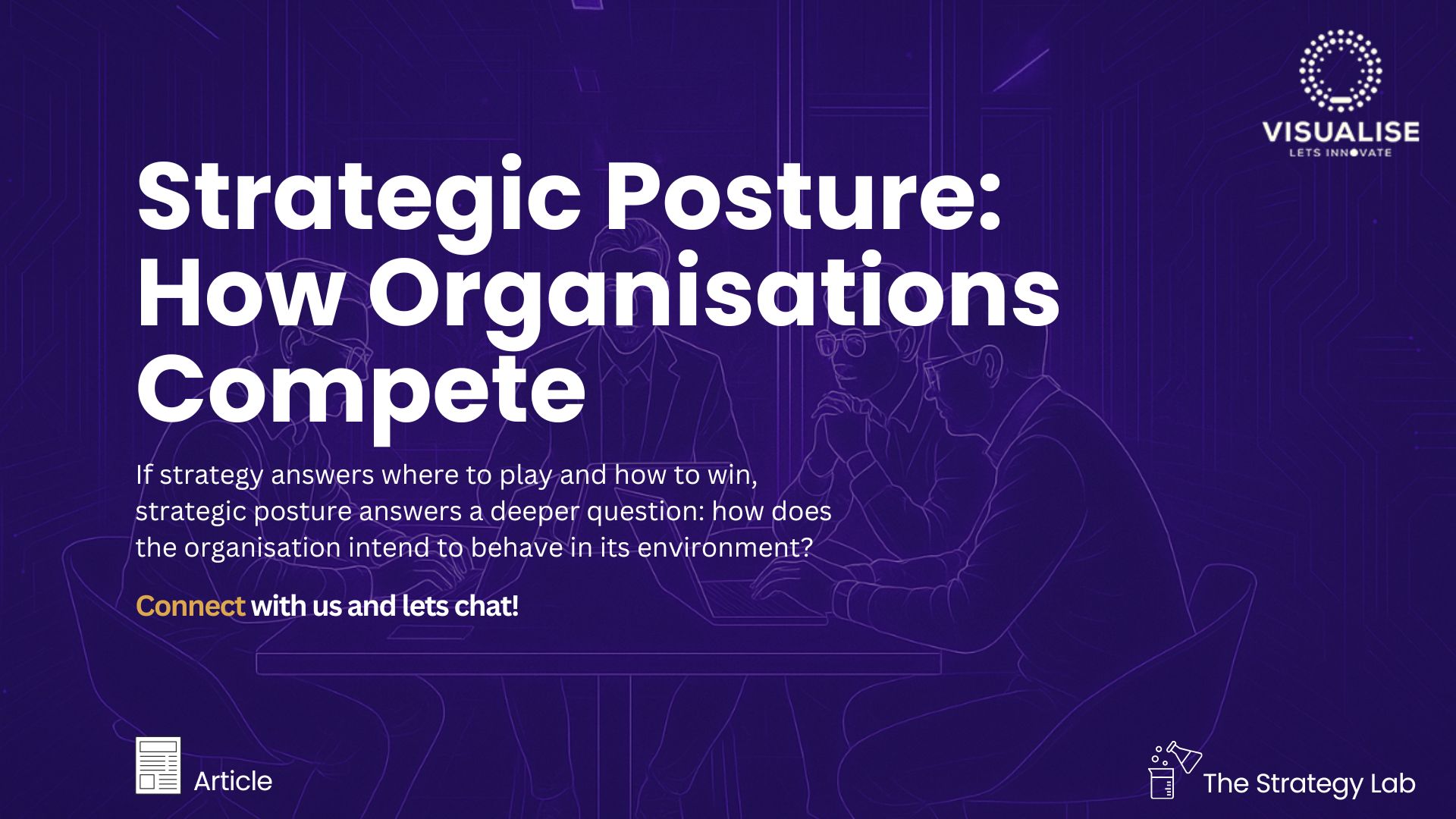Dec19

As sustainability moves from a side conversation to a central business imperative, the demand for accurate and trustworthy carbon accounting has never been more urgent. Whether driven by regulatory requirements, customer expectations, or competitive advantages, businesses are facing increased pressure to measure, report, and reduce their carbon footprints. Yet, the challenges remain substantial: fragmented data, inconsistent methodologies, and the ever-present question: Are you building trust or risking accusations of greenwashing?
In this post, we explore why rigorous carbon accounting matters, the strategies organisations can adopt, and how new tools and approaches are helping companies build trust in their sustainability data. This discussion stems from insights shared on my latest Climate Confident podcast episode, where I spoke with Stephan Müller from SAP about innovations in sustainability reporting. But here, we zoom out and take a closer look at the broader implications for businesses striving to navigate this complex, evolving landscape.
At its core, carbon accounting is about measuring, tracking, and reporting greenhouse gas (GHG) emissions. The stakes are high: organisations that fail to accurately report emissions risk reputational damage, regulatory penalties, and financial inefficiencies. More fundamentally, robust carbon accounting enables companies to identify areas for emissions reductions, align with net-zero targets, and maintain trust with customers, investors, and other stakeholders.
Regulatory initiatives are a major catalyst. In the European Union, for example, the Corporate Sustainability Reporting Directive (CSRD) is reshaping how businesses approach sustainability disclosure. By mandating companies to report on environmental impacts with increasing rigor, frameworks like the CSRD are turning sustainability reporting into a non-negotiable component of corporate governance.
Globally, we see similar shifts. From the ISSB's (International Sustainability Standards Board) efforts to standardise sustainability disclosures to carbon taxes in countries like Canada and Germany, the financial implications of emissions reporting are significant. Carbon pricing alone has soared: in Germany, the cost of CO2 emissions rose from €10 per tonne in 2014 to more than €65 in 2024.
Some projections indicate carbon prices may exceed the price of oil in the next decade, further emphasising the importance of addressing carbon emissions now before costs spiral.
Beyond external pressures, carbon accounting is a tool for internal change. By aligning emissions data with financial systems, companies can identify carbon-intensive operations and prioritise decarbonisation efforts where they matter most. This level of insight moves sustainability from a vague aspiration to an actionable strategy.
As Stephan Müller highlighted on the podcast, CFOs are increasingly becoming Chief Value Officers, responsible not just for financial health but for managing sustainability metrics as well. This evolution reflects a broader realisation: sustainability is a competitive advantage.
For instance, sectors such as manufacturing, agriculture, and heavy industry are recognising that transparent, auditable carbon data not only reduces regulatory risk but also builds trust with customers. Companies that provide reliable carbon footprints for their products can gain market preference as customers increasingly prioritise low-carbon options.
The era of manually tracking emissions in Excel is coming to an end. While spreadsheets have served as a stopgap, they are fraught with errors, lack traceability, and fall short of auditability standards. Transitioning to integrated, enterprise-level carbon accounting solutions aligns emissions reporting with the rigor of financial accounting.
For example, SAP's new Green Ledger applies financial accounting principles to carbon emissions. By embedding carbon data into ERP systems, companies can trace emissions from source documents—such as purchase orders or goods receipts—all the way to sustainability reports. This level of transparency and control reduces errors and ensures that emissions data can withstand external audits.
Scope 3 emissions—those arising from suppliers and downstream activities—often account for the largest share of a company's carbon footprint. Yet, they are notoriously difficult to measure and verify.
To address this, businesses must collaborate with suppliers to standardise data collection and improve data quality. Platforms like SAP's Sustainability Footprint Management and Sustainability Data Exchange allow organisations to collect supplier emissions data efficiently and ensure traceability. A network-based approach simplifies communication, reducing the need for manual data requests.
Artificial intelligence (AI) and automation are transforming carbon accounting. AI can assign carbon values to invoices, streamline emissions calculations, and identify optimisation opportunities within production processes. Additionally, predictive analytics enable companies to forecast their future carbon emissions based on business plans and resource projections—providing foresight that is essential for hitting net-zero targets.
To drive meaningful change, sustainability data must be democratised across the organisation. Rather than being siloed in specialist systems, emissions data should be embedded into decision-making processes. For example, procurement teams should have visibility into the carbon impact of goods before making purchasing decisions. Aligning carbon budgets with financial budgets also ensures accountability and progress toward emissions targets.
Trust is emerging as one of the most valuable currencies in business today. Companies that can demonstrate accurate, auditable carbon data stand to gain in multiple ways:
A 2023 McKinsey report found that companies with clear sustainability data were 40% more likely to outperform competitors on cost efficiency and profitability metrics—a tangible incentive for embracing robust carbon accounting.
The road to net-zero is paved with data—but not just any data. Accurate and trustworthy carbon accounting provides the foundation for businesses to meet regulatory demands, build stakeholder trust, and identify opportunities for meaningful emissions reductions.
As CFOs take on broader sustainability responsibilities, tools like SAP’s Green Ledger demonstrate how aligning carbon reporting with financial accounting can deliver both clarity and competitive advantage.
The question for companies is no longer whether to prioritise carbon accounting, but how quickly they can move from aspiration to action. Businesses that invest in accurate reporting today will be better positioned to thrive in a carbon-constrained future.
If you’re interested in diving deeper into this conversation, check out my full Climate Confident podcast episode with Stephan Müller from SAP, where we discuss the Green Ledger, the evolving role of CFOs, and strategies for building trust in carbon data.
For more insights, subscribe to the podcast and stay tuned for weekly discussions on the strategies shaping a sustainable future.
Photo credit Ken Teegardin on Flickr. This blog post was originally posted on TomRaftery.com
By Tom Raftery
Keywords: Climate Change, Risk Management, Sustainability
 HR Is Designed to Maintain. Succession Planning Demands It Transform.
HR Is Designed to Maintain. Succession Planning Demands It Transform. AI and Embedded Connectivity: A New Era of Smart Devices
AI and Embedded Connectivity: A New Era of Smart Devices Strategic Posture: How Organisations Compete
Strategic Posture: How Organisations Compete Coherence Before Complexity
Coherence Before Complexity The Corix Partners Friday Reading List - February 20, 2026
The Corix Partners Friday Reading List - February 20, 2026